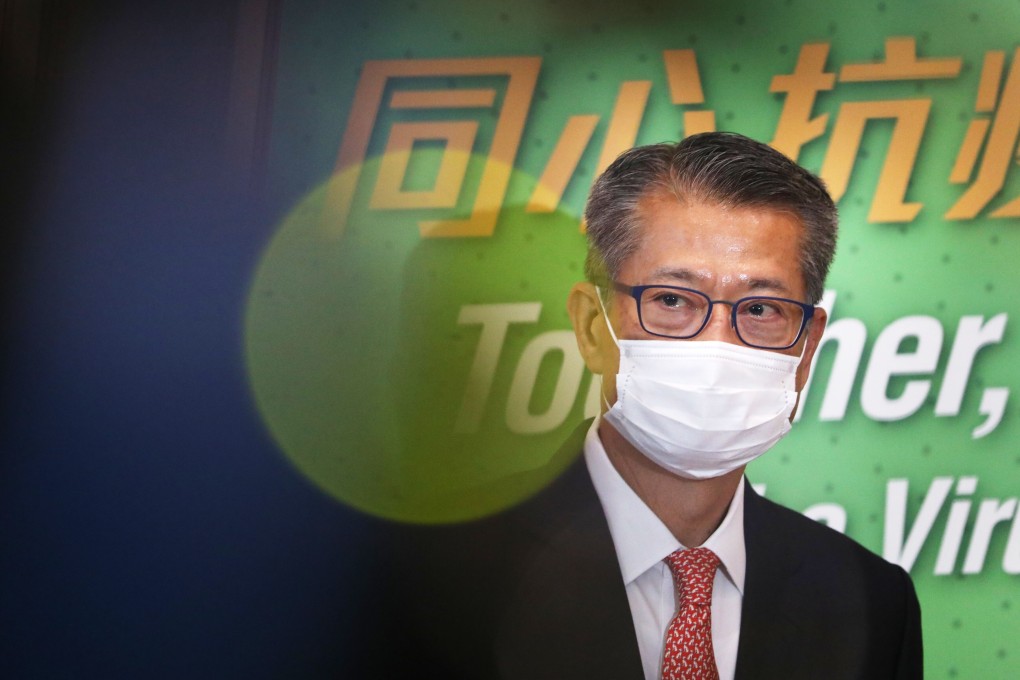Editorial | Hong Kong budget will be a difficult balancing act
- The government has to meet Hong Kong’s genuine need while keeping enough ammunition to safeguard the city’s financial position

The budget to be delivered by Paul Chan Mo-po tomorrow will be one of the most challenging. It has to take into account the economic hardships facing the city, the government’s dwindling reserves and uncertainties arising from the global environment.
That also makes managing public expectations difficult, especially amid growing calls for the finance chief to dig deeper into public coffers.
Hong Kong is fortunate to still have quite large reserves. But amid all the uncertainties, the city needs to be able to fall back on them to defend its standing as the region’s financial hub against sudden fluctuations in the capital markets.

04:53
Jobless struggle to make ends meet in Hong Kong as city battles coronavirus and recession
The amount of money left to the government to spend on welfare is not as big as many think.
At this critical juncture, the government has to strike a balance between meeting genuine need while keeping enough ammunition to safeguard the city’s financial position. So relief measures need to be precisely focused.
Apart from resisting generous cash handouts, the government needs to be wary of committing to recurring expenditure that can come back to bite us. The financial secretary has already sounded the alarm over an expected record budget deficit of more than HK$300 billion in the year ending March, partly attributable to a 25 per cent increase in recurrent spending over the past three years.
A government that has already stepped in to save Cathay Pacific Airways and Ocean Park needs to be mindful that it may yet be called on again to stand behind businesses or institutions that are not just too big to fail, but too important to Hong Kong.
